We Are Here Because We Are Strong
© Giles Duley/UNHCRWOMEN CONGOLESE REFUGEES IN ANGOLA
“It was all very quick. I heard very loud shooting. My husband was away working. I was confused and terrified so I ran with nothing but my baby in my arms. When we escaped to the bush it was as if my baby knew our lives depended on it because she never once cried. I had no milk to give her but she never cried.” - a young Congolese woman on arriving at the UNHCR reception centre in Angola
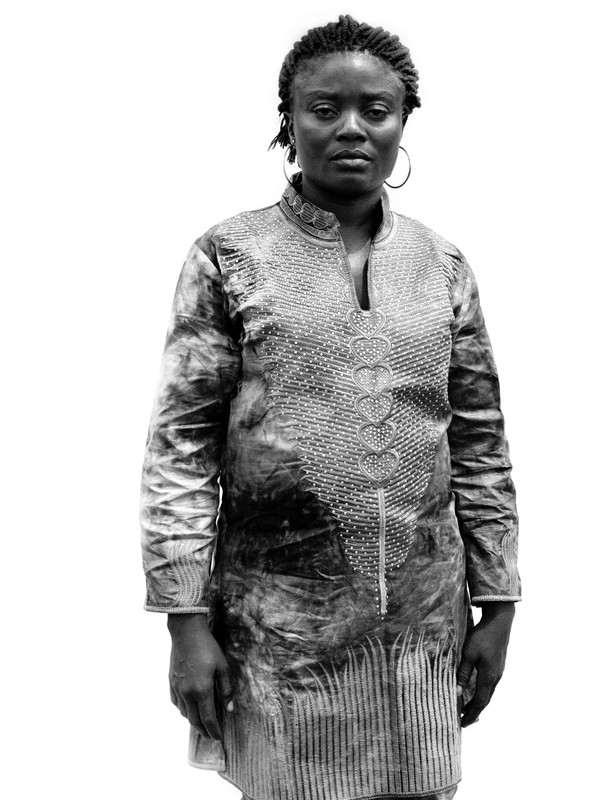
Coco Mawa, 35, from Kamako
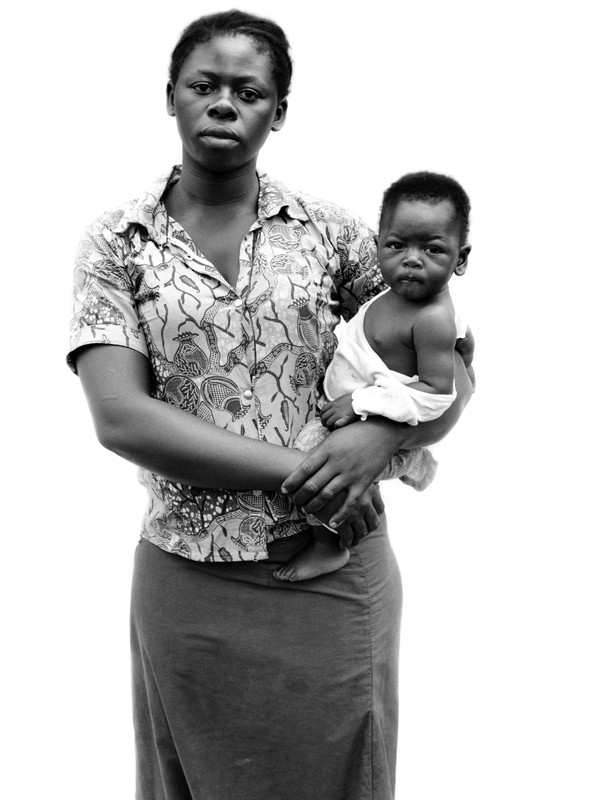
Ani Tcheba, 19, from Kamako
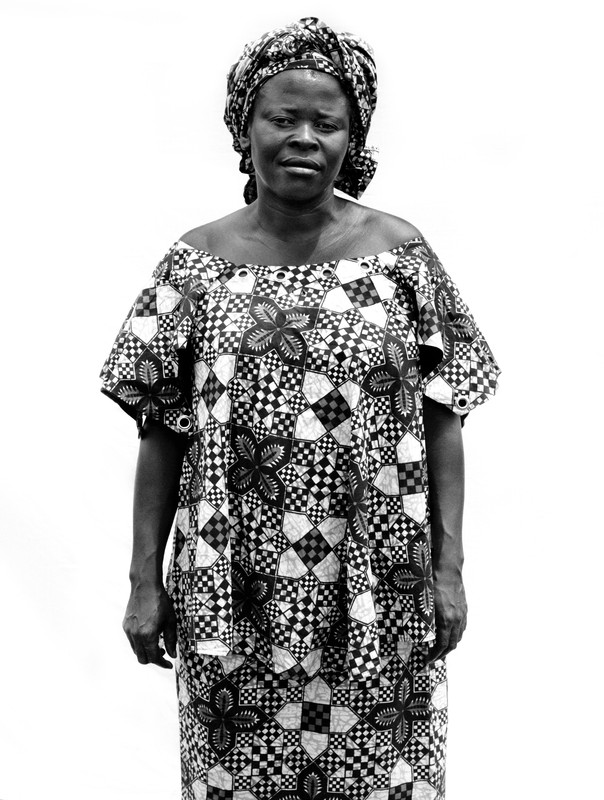 Bernardete Tchanda, 42, from Kamako
Bernardete Tchanda, 42, from Kamako
In modern conflict it is often women who carry the greatest burden. Wars no longer have front lines. Civilians are increasingly targeted. Rape and sexual violence continue being used as a weapon of war, and when forced to flee homes, it is women that take charge to hold families together and support children.
The viciousness against women was particularly brutal in the recent outbreak of violence that began in March 2017 in the Kasai region of Democratic Republic of the Congo. It triggered the internal displacement of some 1.4 million persons and the flight of over 34,000 refugees into Lunda Norte Province, in North East Angola. The newly arrived reported widespread violence, mass killings, mutilations, burning of property, destruction of villages, schools and churches and human rights abuses, as well as food shortage and the lack of access to basic services and goods
Most specifically the refugees arriving in Angola spoke of Government forces and militias deliberately targeting women in some of the worst gender based violence the region has seen. As families fled across the border to neighbouring Angola, the medical staff that received them were shocked by the stories and medical condition of many of the women and girls arriving.
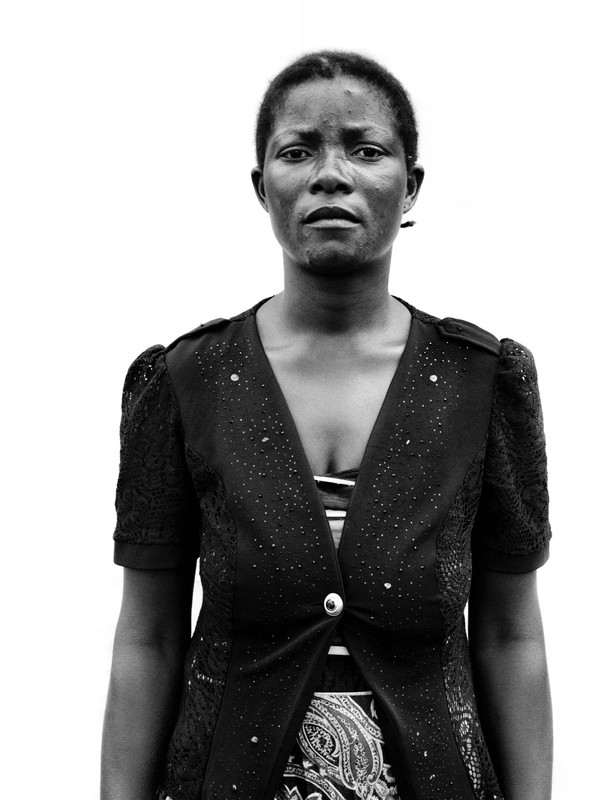
Sylvie Kapenga, 26, from Tchissengue
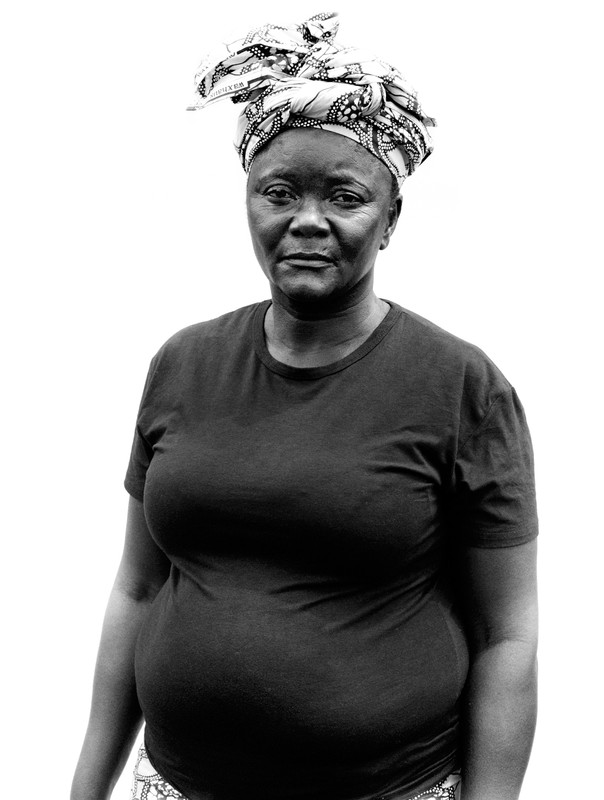
Rose Lusanda, 46, from Kamako
“Refugees were arriving in terrible condition, some with machete injuries, many hungry, exhausted and traumatised” - Philippa Candler, Representative, UNHCR Angola
Many of the Congolese refugees that arrived in Angola have been relocated to the UNHCR settlement of Lóvua. Currently there are over 9,000 Congolese refugees there, but the settlement has a capacity of 30,000. In Lóvua, 75% of the Congolese living there are women and children. With men often missing, dead, or unable to work, it is the women who have to try and rebuild shattered lives, and support families.
“Victims are those who were unable to escape and died in this atrocious conflict. Refugees are survivors. They lost all but their lives and their dignity. We [UNHCR] are here to pull them back up and help them recommence. Refugee women mirror that incredible strength better than most. Their ability to adjust, keep the family together and cope adversity with a smile strikes me every time. They are not made of steel; they are human beings made of all-hearted muscle.” - Margarida Loureiro, UNHCR External Relations Officer, Angola
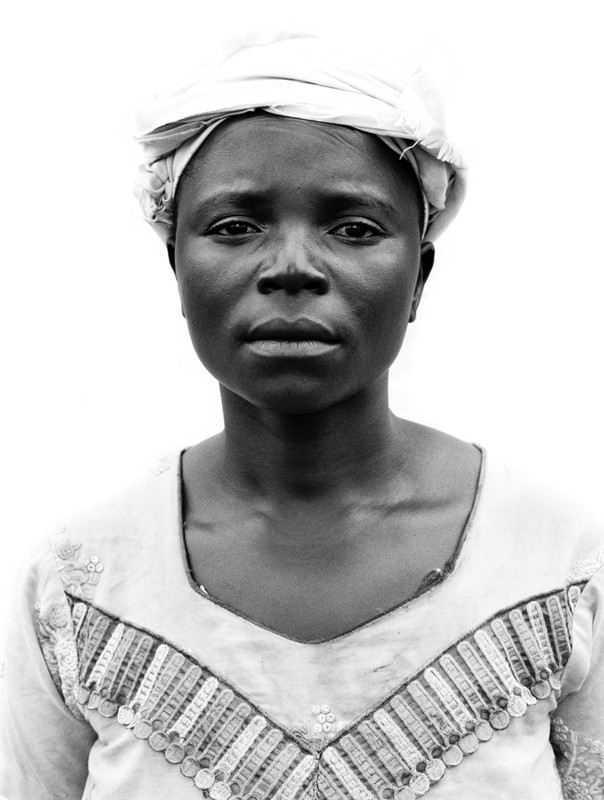
Gili Ntumba, from Kamako
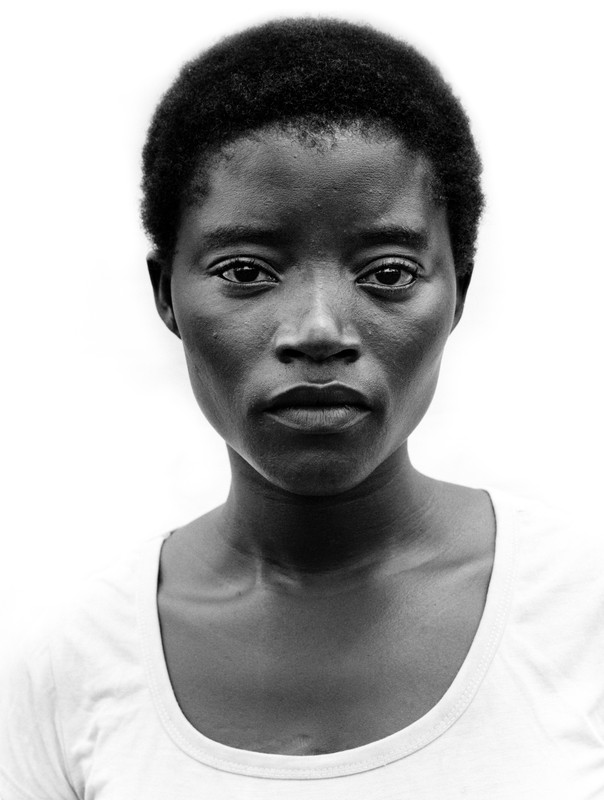 Germaine Alonde, 25, from Kamako
Germaine Alonde, 25, from Kamako
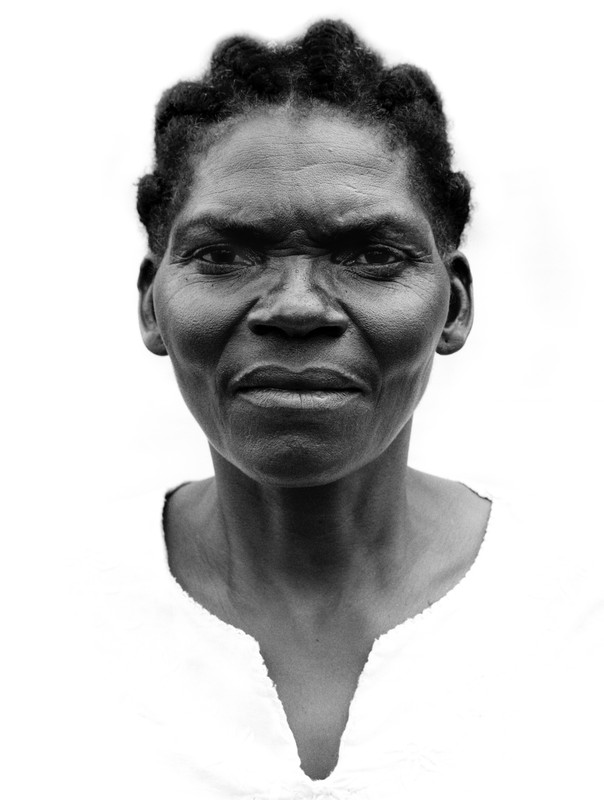 Chantal Kutumbuka, 45, from Kamako
Chantal Kutumbuka, 45, from Kamako
When I visited the settlement, I was immediately drawn to join two women who were sat outside their tent. Rose (who would soon became Aunty Rose to me), her sister Mimi and Bernardette. We sat all day telling stories, laughing and sharing food.
Together we decided to do a series of portraits of just the women, for them to tell the stories. When I returned the next day the scene was more like a party. No children or men were allowed; food was prepared, new batteries bought for the radio. We danced, we ate and we made portraits. It was truly the most memorable photo shoot of my life – it was in many ways a celebration, a celebration of life.
Resilience is a word used too easily, but with Aunty Rose and Mimi, and later, all the women I met in the camp, I found its true meaning. The women I got to know and visited each day were full of life and joy, despite all they had endured, and radiated a deep strength that rooted their whole families.
Though I am also aware that we must be careful not to romanticise resilience. By its nature, resilience is a necessity born of suffering. It is not a virtue one aspires to, because its journey is hardship and pain. So whilst I admired the strength and resilience of the women I met, it was impossible not to be impacted by the terrible violence that they had witnessed and suffered on that journey. For some those experiences were still too raw and violent for them to cope with, which is reflected in their words and the eyes of the portraits.
These portraits show the strength of women. But they also a reminder of the terrible gender based violence, rape and sexual abuse of women in conflicts around the world.
On the first day, sitting with Rose, Mimi and Bernardette I asked them how they had endured and survived.
“That’s simple” was the reply, “we are here because we are strong”
click to view the complete set of images in the archive
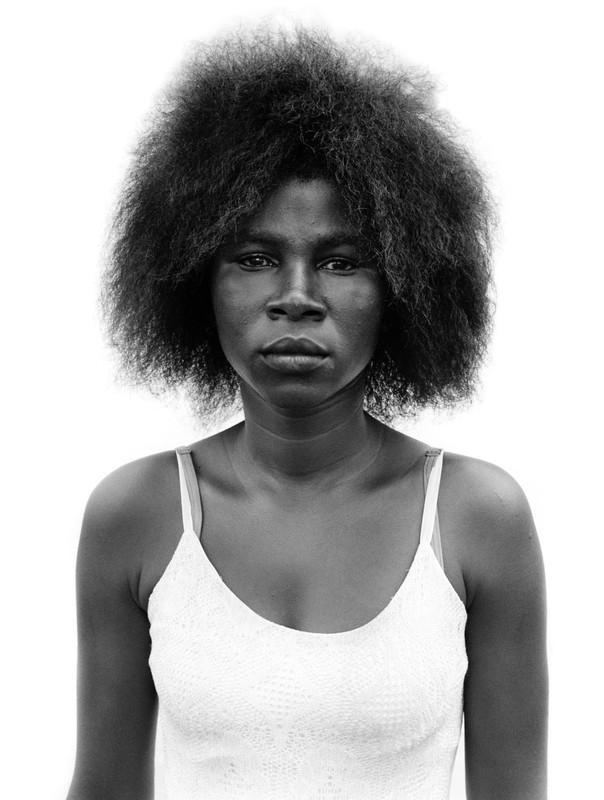
Thérese Mandaka, 19, from Kamako
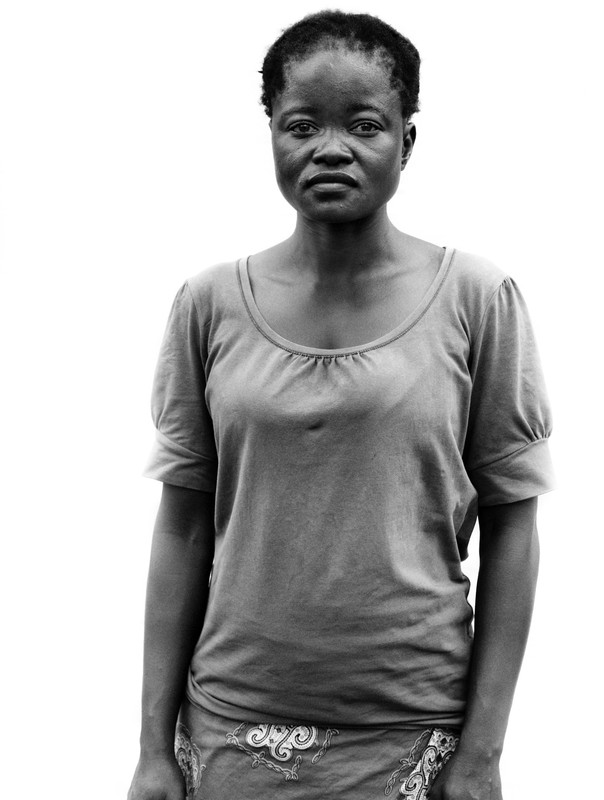
Carine Rolenga, 20, from Kamako
